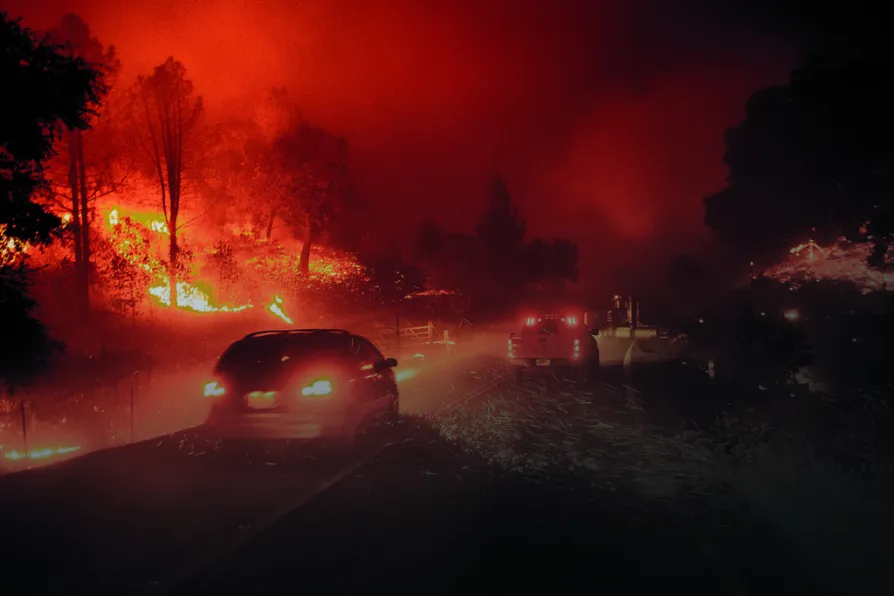Labour prospects in May elections may be irrevocably damaged by Birmingham Council’s costly refusal to settle the year-long dispute, warns STEVE WRIGHT


AT a time riven by contradictions and confusion, it is important to celebrate what’s worth celebrating. Labour’s pre-manifesto pledges — to build only zero-carbon homes from 2022 and make 27 million homes energy efficient by 2030 — could mark the beginning of a climate politics general election. Not before time.
It isn’t just that Labour’s Warm Homes for All programme would create 450,000 jobs or that low-income households will be eligible for grants (with no upfront costs), with the rest of us having interest-free loans for the work. What matters more is that this requires a new systems-based approach to delivering tomorrow’s climate security.
Sure, it will be brilliant if Labour can supply over six million homes with heat pumps and 5.3 million homes with solar thermal systems by 2030. The key, however, will be how these fit into new frameworks of more localised energy management. Smart technologies make it all possible. But “smart politics” will be needed to make collective interdependency, rather than individual consumption, the centrepiece of tomorrow’s security. A recognition of such interdependence is dawning in unexpected places.

As the dollar falters and US power turns predatory, Britain and Europe must abandon transatlantic illusions and build a collectivist alternative before the system implodes, writes ALAN SIMPSON

The collapse of the Atlantic Meridional Overturning Circulation poses an existential threat — but do today’s politicians have the capacity to deliver the more resilient and sustainable economics of tomorrow, wonders ALAN SIMPSON

ALAN SIMPSON warns of a dystopian crossroads where Trump’s wrecking ball meets AI-driven alienation, and argues only a Green New Deal can repair our fractured society before techno-feudalism consumes us all












